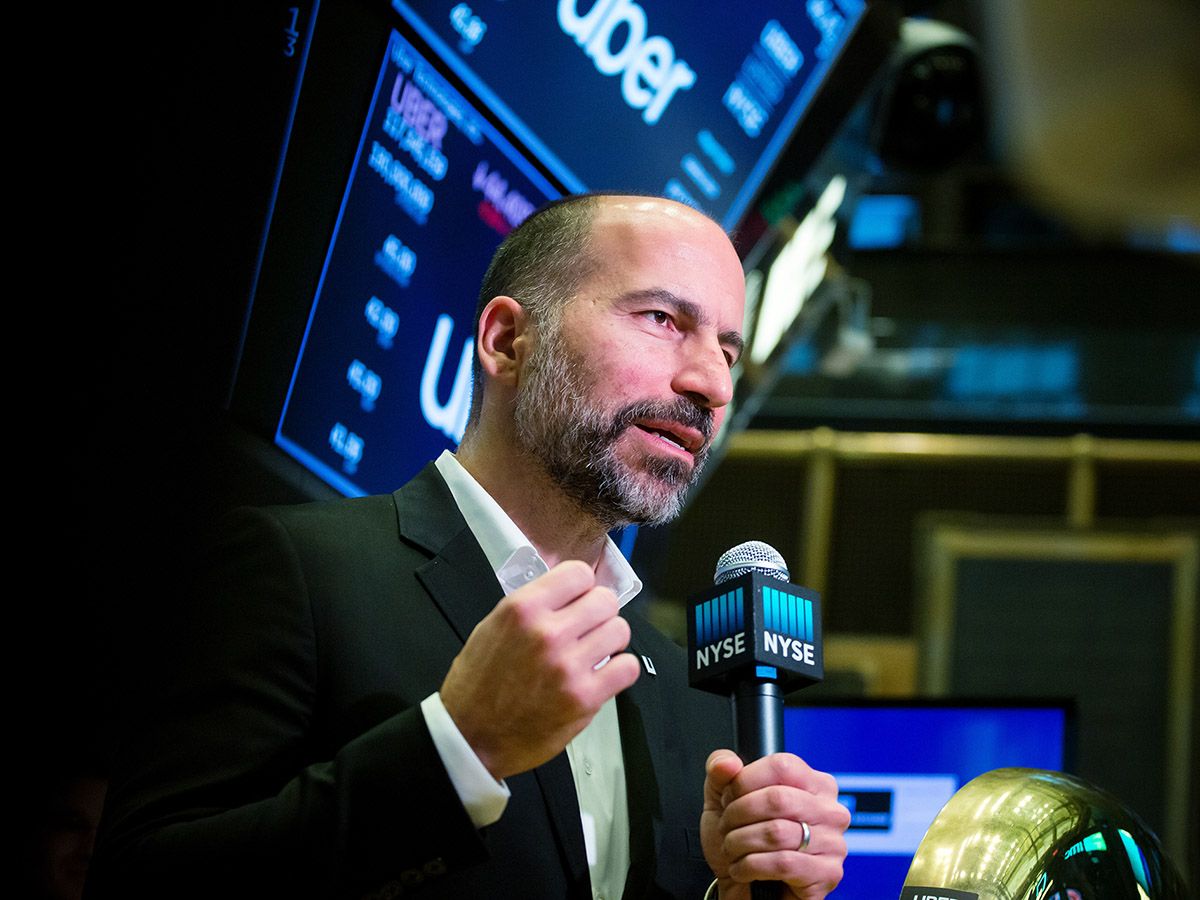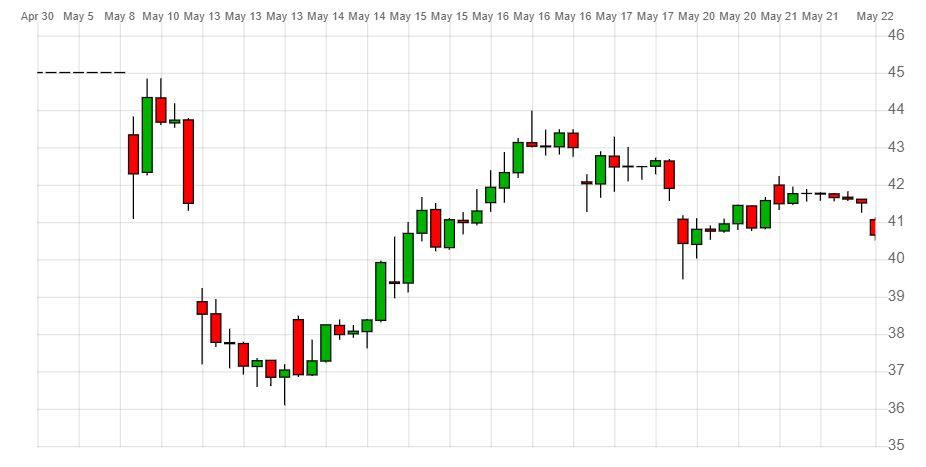A few months ago, investors would’ve been right in thinking that much-loved US tech companies such as
Lyft [LYFT],
Uber [UBER] and
Pinterest [PINS] would perform well when floating on the stock exchange.
Despite initial enthusiasm, many of these companies' shares appear to have been priced well above their market ranges, with splashy public offering valuations that have since started to correct.
Take Uber’s $45 per share price for its 10 May IPO, which valued the company at over $80bn. But within three days, its stock had plummeted to $36.08. Appetite for the shares is thought to have been dampened by rival Lyft’s similarly limp IPO performance. The company, which floated on the Nasdaq at $87.33 in March, has since lost 32%.
Both ride-sharing companies are being scrutinised by investors for their apparently unjustified sky-high valuations in the context of their negative cash flows and lack of profits. Uber even went as far to say in its investment prospectus that it may never make a profit.
Their tumbling share prices are attracting a growing number of short sellers, with some investors going as far to file a lawsuit against Lyft for overstating its market share and failing to disclose safety issues with its electric bicycle business.
Pinterest’s share price, meanwhile, is roughly back to where it was trading in the first few days of its April IPO, having crept up by around 5.54%.
A similarly overhyped case: GoPro
A stampede of unicorns will go to market this year, a number which Bloomberg puts at more than 300 US companies. They will likely have their ups and downs, but it’s important not to forget the memory of other much-touted IPOs.
GoPro [GPRO] is one such example. The action camera company floated on the Nasdaq in June 2014 at $24 per share and peaked at $98.47 in October that same year, before plummeting to trade under $10 from 2016.
The share price has fallen over 82% since its IPO, as investors began to realise a worrying downward trend in the company’s falling revenue. GoPro’s initial valuation of almost $3bn had been based on bullish growth expectations, meaning any drop in sales would seriously impact its share price.
The turning point came in 2018 when the company began to consider liquidation, after missing sales targets and its stock hitting new all-time lows. In a drastic turnaround attempt, GoPro cut a slew of jobs, sold off its failing drone business and focused on creating a strong lifestyle brand.
The plan seems to have worked. GoPro’s shares have risen by over 24% since the start of the month, after the company reported improving financials for Q1. Revenue is up 20% year-on-year and social media followers have grown by 1.3 million to reach 40 million.
| Market cap | $1.11bn |
| PEG ratio (5 year expected) | 1.94 |
| EPS (TTM) | -0.41 |
| Profit margin | -4.80% |
GoPro share price vitals, Yahoo Finance, 22 May 2019
Unlike many other growth stage firms, GoPro was profitable before its IPO and has managed to shrink the size of its losses by 68% from the previous quarter.
The company’s founder and CEO Nick Woodman advises tech companies planning their upcoming IPOs to “stay focused”. “Any new public company leadership is going to feel tremendous pressure to live up to everybody’s expectations. Be careful what you share with your vision — don’t share too much of your vision too early because investors will glom onto everything you say and they will want you to realise that vision tomorrow,” he told Yahoo Finance in May.
How today’s unicorns compare to the ‘dot com’ era
Comparisons to the ‘dot com’ bubble are easy, but there is a big difference. Today’s internet companies more often than not operate at a loss, and are staying private for longer to give themselves more time to determine a sustainable business model – while avoiding public scrutiny.
“Maybe we made a mistake in having these unicorns sucking in huge amounts of private capital and delaying their IPOs,” Duncan Davidson, a partner at venture firm Bullpen Capital, told CNBC. “Maybe we’d be better off having these puppies go public earlier like we used to.” To put it in context: when Amazon went public 22 years ago, it did so at $18 per share, with a valuation of just $300m.
$18
Amazon share value at IPO
Indeed, many of the startups in this year’s IPO wave have higher valuations, with the average stock market valuation for a VC-backed tech company going public in the US reaching $9.6bn, according to CB Insights.
At a time when US stocks are enjoying an extended rally from last year’s crash, some investors are sceptical about this bull market, which could potentially impact the stock in the mid-term. Regardless of market woes, the public market will be the judge of whether or not these cash-burning startups will live up to their valuations.
Continue reading for FREE






